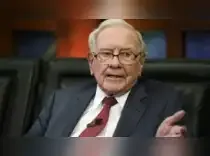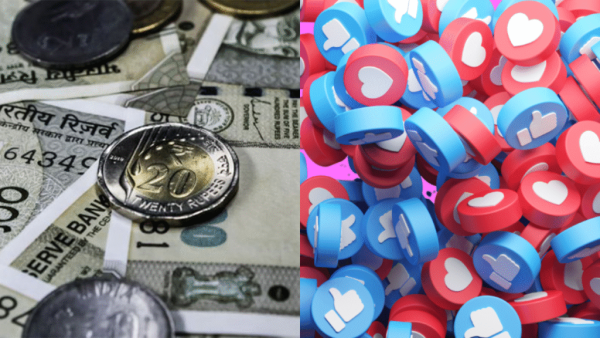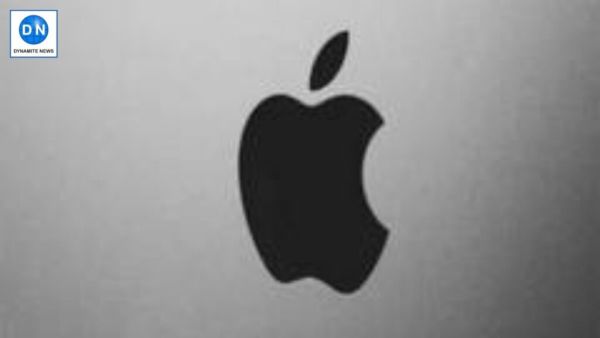Warren Buffett once bet big on ketchup and mac & cheese, hailing the merger of Heinz and Kraft Foods in 2015 as a chance to bring iconic brands together. A decade later, Kraft Heinz is considering breaking itself up, and what was meant to be a landmark deal for the Oracle of Omaha has turned into one of the most visible flops of his career. But while the tie-up failed to deliver on its promise, the numbers tell a more nuanced story: Buffett’s own investors have managed to escape mostly unscathed.
Kraft Heinz is reportedly exploring a breakup, an admission of the merger’s failure and a rare blemish on the storied investor’s record. Shares of Kraft Heinz have slumped more than 60% since the tie-up, dramatically underperforming a roaring stock market, while Berkshire Hathaway Inc.’s 27% stake now sits $4.5 billion below its book value.
In 2015, Buffett’s Berkshire Hathaway and private equity firm 3G Capital engineered the merger of Kraft Foods and Heinz, uniting a stable of household names from Oscar Mayer to Velveeta. The promise was scale and efficiency in a slow-moving sector. But the strategy collided with changing consumer tastes, inflation, and the rise of weight-loss drugs that have undercut demand for processed foods.
Kraft Heinz shares have plunged more than 60% since the merger. By contrast, the broader market has soared. For Buffett, the deal has cost Berkshire more than $4.5 billion on paper compared with the carrying value of its 27% stake.
Now, in a late attempt to unlock value, Kraft Heinz is exploring a breakup that would spin off a large part of its business. The move follows in the footsteps of peers like Kellogg’s, which successfully split its operations in 2023, spurring acquisitions by global giants such as Mars and Ferrero.
The investor backlash has been building for years. Kraft Heinz slashed the value of its brands by $15.4 billion in 2019, and 3G Capital eventually exited its position. Buffett, however, held on, though he admitted that Berkshire overpaid. Two Berkshire-linked board members resigned earlier this year, a sign of Buffett’s gradual disengagement as he prepares to step down as CEO.
Yet the total return for Berkshire tells a more forgiving tale. While the Kraft Heinz stake is currently worth $8.8 billion, less than the $9.8 billion originally invested, it has paid out around $6.3 billion in dividends. Add in the $2 billion Berkshire earned from preferred Heinz shares that were redeemed in 2016, and the overall return approaches 60%, according to Financial Times.
That’s in stark contrast to the fortunes of Kraft’s legacy shareholders. After receiving a $10 billion payout at the time of the merger, and a further $13 billion in dividends and buybacks, their share of the current Kraft Heinz market cap values their total return at just 8% over ten years, according to the Financial Times.
Also read | Warren Buffett’s billion-dollar EV play backed BYD, so why not Tesla?
As Kraft Heinz inches toward a possible breakup, the question now is whether the move can breathe new life into a faltering giant, or simply mark the final chapter in an experiment that never lived up to its billing. Either way, it’s a reminder that even the Oracle of Omaha doesn’t always get it right.
(Disclaimer: Recommendations, suggestions, views and opinions given by the experts are their own. These do not represent the views of the Economic Times)
Kraft Heinz is reportedly exploring a breakup, an admission of the merger’s failure and a rare blemish on the storied investor’s record. Shares of Kraft Heinz have slumped more than 60% since the tie-up, dramatically underperforming a roaring stock market, while Berkshire Hathaway Inc.’s 27% stake now sits $4.5 billion below its book value.
In 2015, Buffett’s Berkshire Hathaway and private equity firm 3G Capital engineered the merger of Kraft Foods and Heinz, uniting a stable of household names from Oscar Mayer to Velveeta. The promise was scale and efficiency in a slow-moving sector. But the strategy collided with changing consumer tastes, inflation, and the rise of weight-loss drugs that have undercut demand for processed foods.
Kraft Heinz shares have plunged more than 60% since the merger. By contrast, the broader market has soared. For Buffett, the deal has cost Berkshire more than $4.5 billion on paper compared with the carrying value of its 27% stake.
Now, in a late attempt to unlock value, Kraft Heinz is exploring a breakup that would spin off a large part of its business. The move follows in the footsteps of peers like Kellogg’s, which successfully split its operations in 2023, spurring acquisitions by global giants such as Mars and Ferrero.
The investor backlash has been building for years. Kraft Heinz slashed the value of its brands by $15.4 billion in 2019, and 3G Capital eventually exited its position. Buffett, however, held on, though he admitted that Berkshire overpaid. Two Berkshire-linked board members resigned earlier this year, a sign of Buffett’s gradual disengagement as he prepares to step down as CEO.
Yet the total return for Berkshire tells a more forgiving tale. While the Kraft Heinz stake is currently worth $8.8 billion, less than the $9.8 billion originally invested, it has paid out around $6.3 billion in dividends. Add in the $2 billion Berkshire earned from preferred Heinz shares that were redeemed in 2016, and the overall return approaches 60%, according to Financial Times.
That’s in stark contrast to the fortunes of Kraft’s legacy shareholders. After receiving a $10 billion payout at the time of the merger, and a further $13 billion in dividends and buybacks, their share of the current Kraft Heinz market cap values their total return at just 8% over ten years, according to the Financial Times.
Also read | Warren Buffett’s billion-dollar EV play backed BYD, so why not Tesla?
As Kraft Heinz inches toward a possible breakup, the question now is whether the move can breathe new life into a faltering giant, or simply mark the final chapter in an experiment that never lived up to its billing. Either way, it’s a reminder that even the Oracle of Omaha doesn’t always get it right.
(Disclaimer: Recommendations, suggestions, views and opinions given by the experts are their own. These do not represent the views of the Economic Times)





